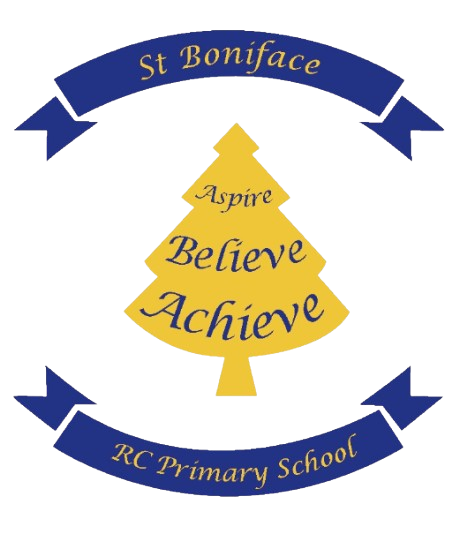Pastoral Support
We are extremely fortunate at St. Boniface RC Primary School to have a Family Liaison Officer, Miss Campbell, on our team. Miss Campbell does an amazing job supporting the families in our community. She is available at any time during the school week via an appointment.
Miss Campbell works closely with all staff at school to focus on families who may need her assistance and is involved in TAF meetings and meetings with families in and out of school. She helps to monitor attendance and punctuality at school and has proven invaluable at identifying barriers that may exist between home and school. She is able to work with families to recommend referrals to support networks such as food banks. Miss Campbell is also an important member of the safeguarding team.
Miss Campbell's work also focusses on emotional support for children in school within school. She is very popular with the children and feedback from parents at school is always extremely positive.
If you need to contact Miss Campbell, she is available each morning, or can be contacted on: 0161 921 1873
